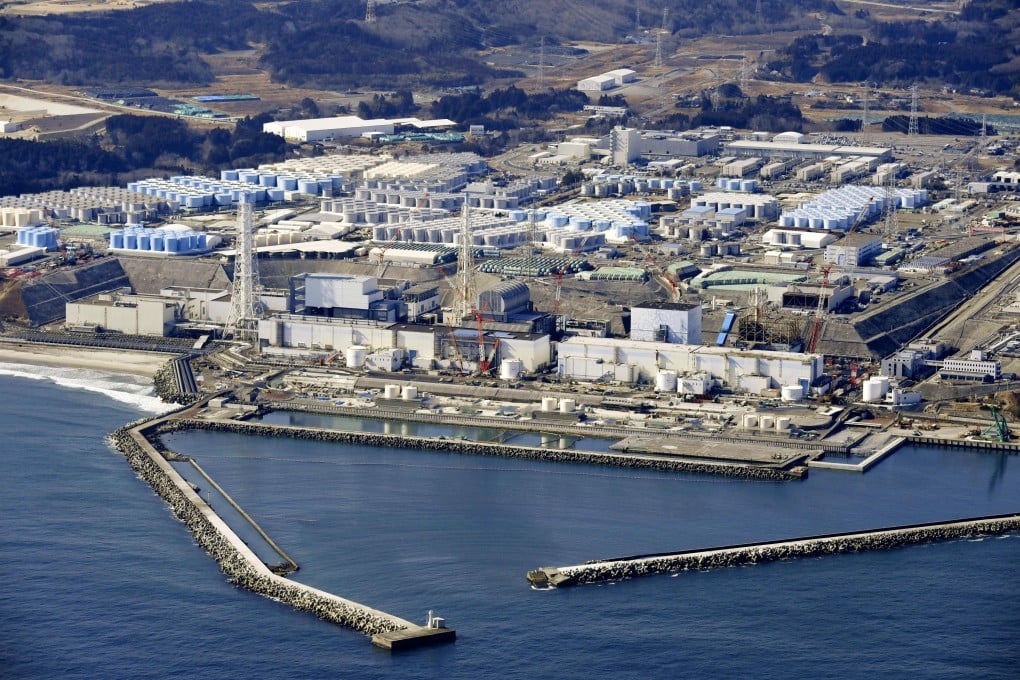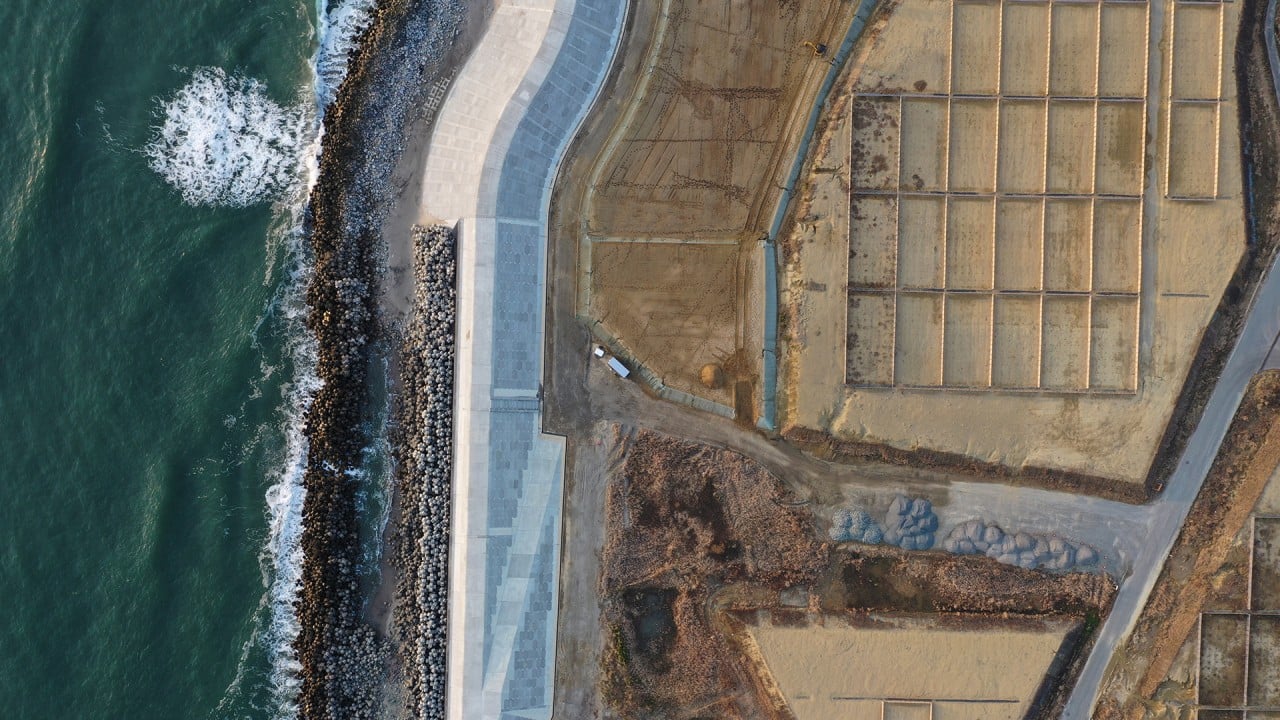Japan could develop new nuclear power plants to boost energy security in major policy shift
- Government could look into small modular reactors, which have less power output and are easier to cool, reducing the risk of a serious accident
- Authorities aim to ensure stable supply of power and reduce costs after disruption to energy supplies caused by Ukraine war

The government could also consider extending the operational life of reactors that have passed new safety standards from the presently mandated 40 years to 60 years.
After extensive upgrades, 10 reactors have returned to operational status, with a further seven expected to be generating power again by next summer. The government has said it hopes nuclear power plants will deliver up to 20 per cent of the nation’s energy by 2030.
“If this goes ahead, I do not think too many people will be surprised at the change in policy,” said Kazuto Suzuki, a professor of science and technology policy at Tokyo University. “When he was first appointed prime minister, Kishida expressed his intention to look into the development of a new kind of nuclear reactor to meet the nation’s energy needs.”
Of the new technologies to be considered, small modular reactors (SMRs) are likely to be a top target for the Japanese government.
